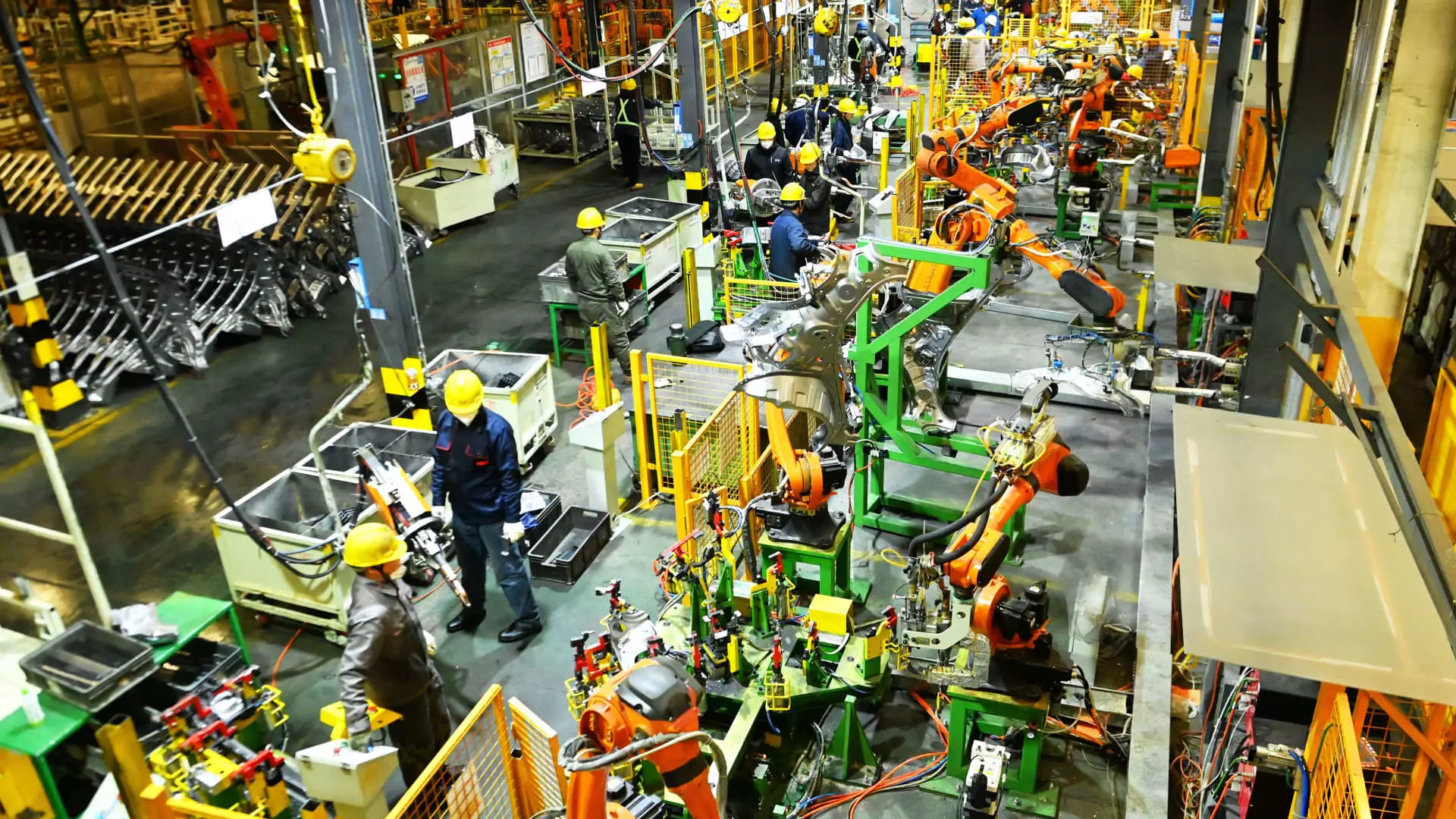In a strategic twist that could send tremors through the American automotive landscape, President Donald Trump appears to be pivoting on his tough stance regarding tariffs imposed on both foreign vehicles and auto parts. Recent reports suggest that exemptions may be on the table, signaling a potential shift in the administration’s approach to trade policy—one that could either alleviate burdens on struggling automakers or exacerbate the chaos looming over an already fragile industry.
The proposed tariffs—25% on imported vehicles and auto parts—are shielded in the complexity of trade politics but have concrete repercussions for companies from Detroit to the Pacific Rim. Trump’s initial rationale hinged on national security and economic independence, painting tariffs as a necessary measure against foreign competition. But with financial pressures mounting and the specter of economic downturn hovering, the President may find it politically expedient to pivot, especially given the outcry from industry leaders facing an uphill battle to remain profitable.
The Industry’s Collective Voice
Recently, six influential policy groups that represent various entities within the auto industry banded together, an uncharacteristic but telling move considering the fragmented nature of automotive interests in the past. The unified front seeking tariff relief signals a desperate plea for a rescue before catastrophic repercussions ensue, emphasizing just how precarious the situation has become. Automakers and suppliers are beginning to convey a sense of urgency, suggesting that they are drowning under the weight of these taxes.
General Motors CEO Mary Barra underscored the need for compliance with regulations that do not constantly shift like the sands beneath her feet, echoing sentiments shared among CEOs across the automotive spectrum. For manufacturers, clarity and consistency in trade policy equate to stability and certainty in investment and production decisions. The ongoing fluctuations make strategic planning almost impossible—companies cannot afford to make major moves without knowing if tariffs will be in place tomorrow, next week, or next year.
The Falcon or the Scapegoat? A Strategic Retreat?
If Trump does indeed exempt some auto parts from imposed tariffs, one must ponder the rationality behind it. Are the exemptions a genuine effort to support the American auto industry, or merely a preemptive move to shield his administration from growing backlash? While such a relief would certainly be met with applause from industry executives, one cannot overlook the underlying implications of appeasement politics.
Exempting auto parts illustrates an inherent contradiction within the administration’s broader economic vision. Promoting American production through protectionist measures is a worthy idea, yet the reality one might face is that tariffs intended to protect can inadvertently harm the very entities they aim to shield. If auto suppliers continue down the path of financial distress under excessive tariffs, the vision of placing “America first” may turn into a haunting reminder of shortsightedness.
Furthermore, the looming question is whether a retreat from these tariffs could prompt other nations to retaliate in kind—ultimately leading to a broader trade war that would endanger not just the auto sector, but countless other industries reliant on foreign relations and economic stability.
The Only Thing Certain is Uncertainty
Should exemptions come to fruition, understand that the gains will be laced with complications. While the automotive sector would breathe a sigh of relief, it would inadvertently mask the persistent underlying issues plaguing American manufacturing. The long-term effects of conditional trade policies are murky, and the desire for quick solutions can often lead to complacency about deeper, systemic problems.
Ultimately, the unpredictability of political maneuvering casts a dark cloud over the future of the auto industry. While exemptions could offer temporary relief, the sector is at a crossroads defined by conflicting interests, national pride, and economic realities. The long-term health of American automotive production depends not only on favorable tariffs but also on a cohesive, transparent, and consistently applied trade policy that considers the welfare of the entire industry and its workers.

